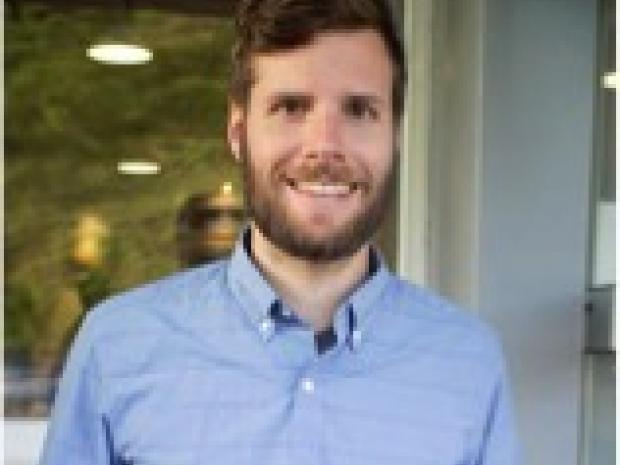Small is Different: Accelerating Innovation in Microrobotics through Biology

Mechanical and Aerospace Engineering Department Seminar Series
Nick Gravish, Ph.D.
Postdoctoral Fellow
Microrobotics Lab
Harvard University
Cambridge, MA
Robots are poised to enter our everyday lives, and advances in manufacturing have paved the way for an explosion of growth in consumer and industrial microrobotics. However, robots at the milli- and microscale inhabit an “alien” world of complexity and dynamics that often defies our intuition. To confront the looming challenges of mobility and manipulation in microrobotics I propose that focused study of living systems can act as an accelerator to uncover innovative design, actuation, and control strategies. Current challenges associated with microscale mobility and manipulation in both biological and robotic systems are three-fold: 1) we lack a robust set of robotic devices for rapid hypothesis testing; 2) fluid, force, and material scaling laws at the milliscale challenge our intuition of locomotor dynamics; and 3) aerial and terrestrial environments at the milliscale are spatio-temporally complex and poorly understood. In this talk I will present research focused on uncovering the physical principles that underlie rapid, dynamic, and collective movement of microrobots and small-scale living systems, such as ants and bees. Lastly, I will discuss how closing the loop between bio-inspired robotics and robotics-inspired biology will lead to advancements in movement science beyond the sum of their parts.
Biosketch
Nick Gravish is a Postdoctoral Fellow in the Harvard Microrobotics lab. He received his PhD in Physics from Georgia Tech. His research spans the areas of biology, robotics, and physics targeting discovery of the dynamical processes of agile movement in living and robotic systems. He has made contributions in the field of gecko adhesion, swarm mechanics, legged locomotion in complex and confined environments, and he now studies flapping wing flight in microrobots and bees. His research has been covered in the popular press (NY Times, BBC, LA Times) and featured numerous times as editor’s suggestions and cover articles. Most recently he is the recipient of a James S. McDonnell post-doctoral fellowship in complex systems science.

